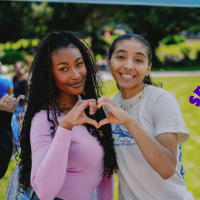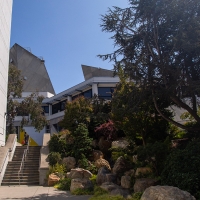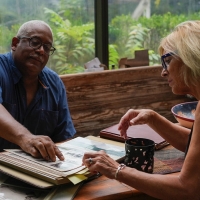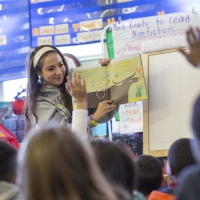SFSU associate professor wins prestigious grant to improve engineering education
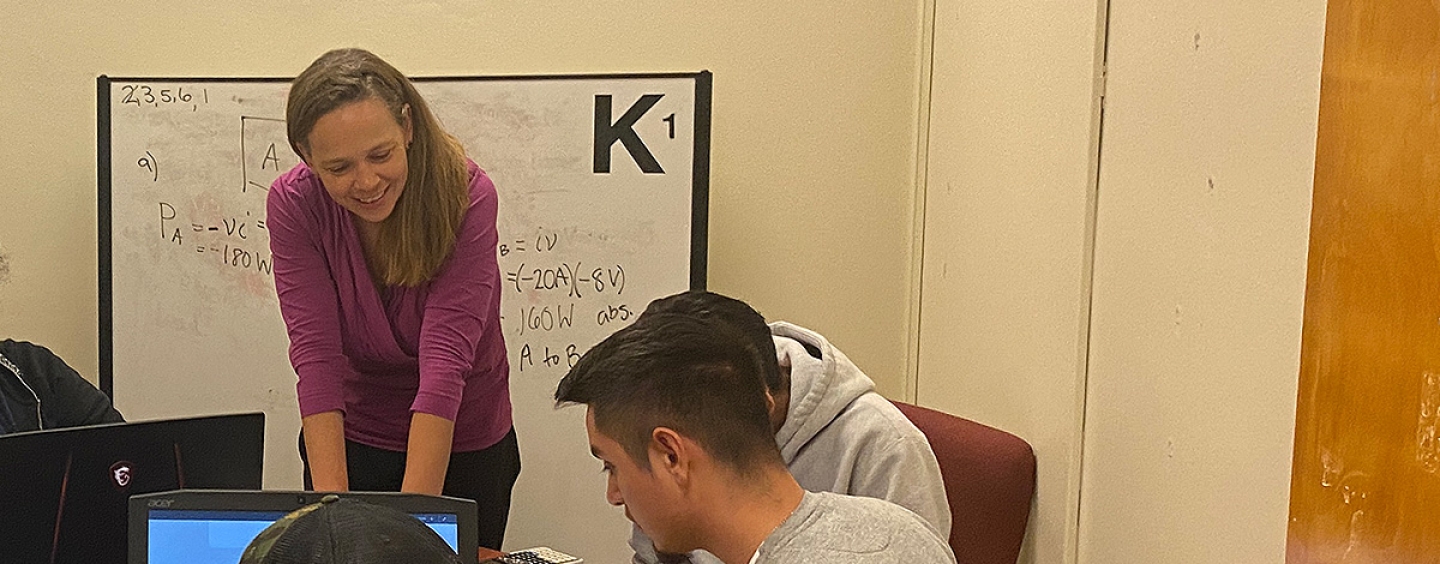
Associate Professor Stephanie Claussen wants to understand the traits that make low-income and first-generation students successful engineers
Who are you? How does your identity — your background, culture, home, life outside of your work — shape you as a professional? Why are all these important factors to consider when training engineers in fields that can appear rigid, technical and challenging? These are questions that drive San Francisco State University School of Engineering Associate Professor Stephanie Claussen as an engineer and educator.
The National Science Foundation (NSF) named Claussen an NSF Early CAREER grant recipient to study how a student’s identity can inform engineering education at broad-access institutions, often defined as public colleges and universities — like SFSU — that admit 80% of applicants.
“The students who are thriving, who are successful, who are doing really well at San Francisco State and after … how are they doing that?” she said. “They are often facing huge challenges yet are doing great. We are trying to understand what they are doing and how can we [as educators] hopefully support other students in developing some of those same strategies.”
Many campuses have students who are low-income, first-generation, working full-time or supporting themselves and their families, Claussen explains. But these students disproportionately attend broad-access institutions, where this type of education research is lacking.
“You come here and you know you are one of many who come from one of those backgrounds. You’ll be surrounded by students who are just like you. I think that’s a really powerful thing,” she said. “Those students bring immense things to the classrooms. But their assets aren’t valued in traditional measures of education.”
For the project, Claussen will interview and follow the progress of Engineering students throughout their time at SFSU and as they transition to their post-university careers. She’ll study two groups: early (first- and second-year) and later (third-year and later) students. The project will document what students think are their assets and how they use these traits as they progress through their academics and transition into their career. Claussen will also interview faculty to understand their perspectives.
“A lot of this research has been student-focused, for good reason. But as we all know, faculty and staff play a vital role in supporting students, shepherding them, helping them be successful,” she added. Claussen will lead the creation of a community of practice for faculty and staff at SFSU and at other institutions, including other CSUs, to share the findings and foster a community with resources for engineering education.
SFSU’s School of Engineering is a great place for this research, she explains. Not only is SFSU a broad-access institution, but the School of Engineering is also unique.
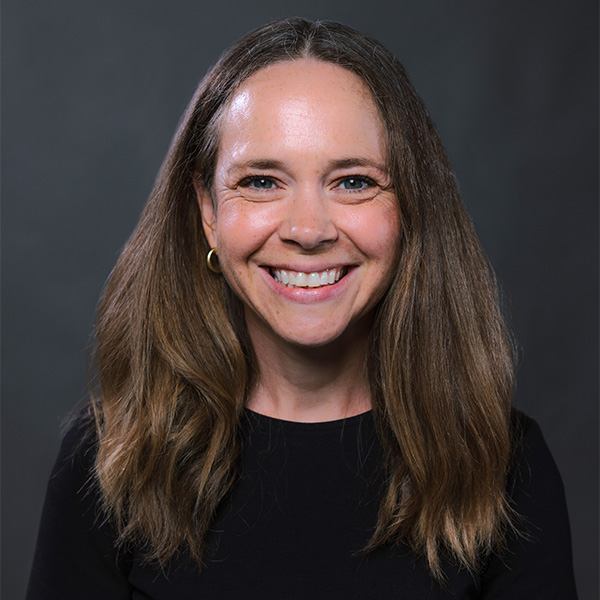
Associate Professor Stephanie Claussen
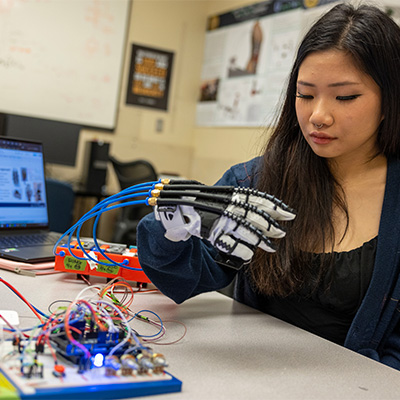
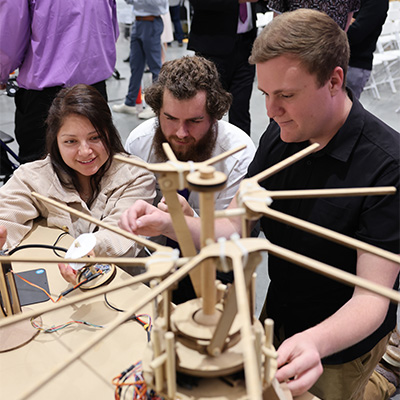
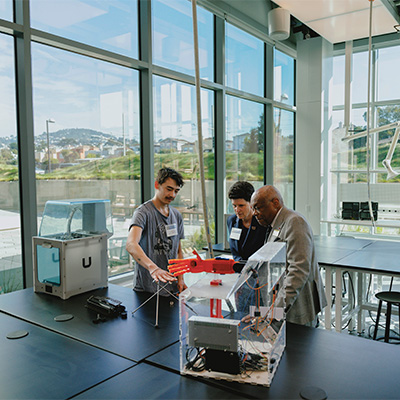
“At SF State, literally any student who [passes] prerequisite classes can become an engineer,” Claussen said, noting that’s not always the case. Even if an institution is broad-access, some programs (like engineering degrees) can be impacted or have additional admissions requirements that make it difficult to enter the field.
A Bay Area local, Claussen was affiliated with a variety of academic institutions in different states before coming to SFSU. She is a Ph.D.-level electrical engineer who trained at Massachusetts Institute of Technology (MIT) and Stanford. She wanted to be an industry engineer before discovering engineering education in graduate school.
She’s excited to be at SFSU, learn from faculty and students and contribute to SFSU’s long legacy of education and social justice. Long term, she hopes this project will help engineering education continue to evolve to meet students’ needs to become successful engineers.
“I want students to know that this is a place where they are going to not only be welcomed but that their backgrounds and experiences are going to be valued,” she said. “We see that those are important strengths and we’re going to do our very best to support them in translating that into successful and satisfying careers.”
Tags
